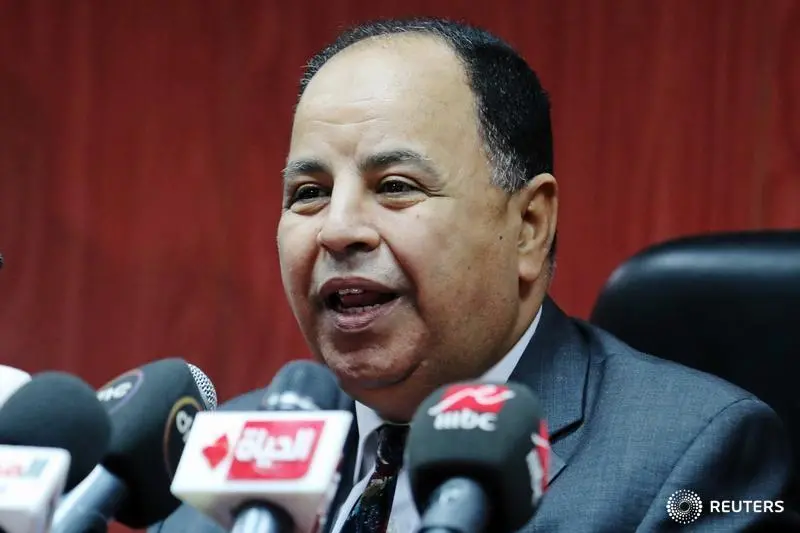PHOTO
The Egyptian Government is aiming to implement structural reforms that work towards economic gains without burdening the citizens, according to Minister of Finance Mohamed Maait.
Maait said that, whilst economic reform is a dynamic process, Egypt has also successfully implemented the first phase of its comprehensive national programme for structural reforms.
These reforms have achieved gains that provided the Egyptian economy with a great deal of rigidity in the face of internal and external crises. They have also encouraged the government to launch the second phase, which includes a package of structural reforms that do not cause any additional burdens on citizens.
The minister added that there is a package of structural reforms at the level of macro-financial policies. These have been put in place to: achieve financial stability; control the budget deficit rates and the public debt of the domestic product; maintain a sustainable rate of economic growth; raise the efficiency of collecting public revenues; and ensure their good management.
This would continue alongside the development projects aimed at improving the standard of living of citizens and supporting economic sectors and groups most affected by the pandemic.
The state treasury bears the burden of fixing electricity and gas prices for the industrial sector over the next three years. This comes in line with the state’s efforts to localise advanced industries according to the latest global experiences, deepen local production, and enhance the competitiveness of Egyptian exports.
It also reflects the government’s endeavour to quickly repay the Export Development Fund’s late dues through many programmes, the latest of which is the “Instant Cash Payment” initiative.
“We were able to reduce the budget deficit that exceeded 12.5% ??of the GDP in fiscal year (FY) 2015/16 to 7.9% in FY 2019/20,” Maait said, “It is expected to reach 7.7% by the end of this year, and 6.7% in the next fiscal year.”
He added, “The primary balance deficit shifted from 3.5% of GDP in FY 2015/16 to a surplus of 1.8% of GDP in FY 2019/20, and it is expected to reach 1% of GDP by the end of this year, and 1.5% in next fiscal year.”
The minister added that government debt decreased by 20.5% of GDP over three years from 108% of GDP in June 2017 to 87.5% in June 2020. Government debt is expected to be 89% of GDP by the end of June 2021, and in the next fiscal year as well.
He said that the prices of most goods and services have stabilised, bringing the annual inflation rate to 4.5% in March 2021, down from 23.3% in 2016, and about 22% in 2017.
The reserve balance of foreign exchange (FX) increased significantly to exceed $40bn in April 2021, to cover more than seven months of the goods and services imports bill. Unemployment rates fell to about 7.2% in December 2020, down from 13.3% in 2013.
Maait said that in the new fiscal year, for the first time, a “medium budget” will be prepared to be presented to the House of Representatives, and will extend for the next three years.
The minister stressed that the unified procurement system aims to rationalise public spending and consumption, and that 15 model government contracts have been approved that will contribute to enhancing governance and transparency.
He said that the Ministry of Finance has made great strides during the past two years in digitizing the tax and customs systems.
Maait also pointed out that Egypt was one of the first countries in the Middle East and Africa (MEA) region to implement the “electronic invoice” system. A total of 467 companies have joined so far in two stages, including 37 companies that have joined voluntarily.
“In only a month and a half we managed to upload six million electronic documents, and before the end of next May, 2,800 companies in the Center for Large Financiers are targeted to join this advanced electronic system,” the minister added.
He pointed out that the number of beneficiaries of the economic actor project, or white list, reached 189 import, export, and customs clearance companies with good reputation. They are able to quickly finish the procedures for releasing their shipments at any port after completing the required documents and approvals.
© 2021 Daily News Egypt. Provided by SyndiGate Media Inc. (Syndigate.info).





















